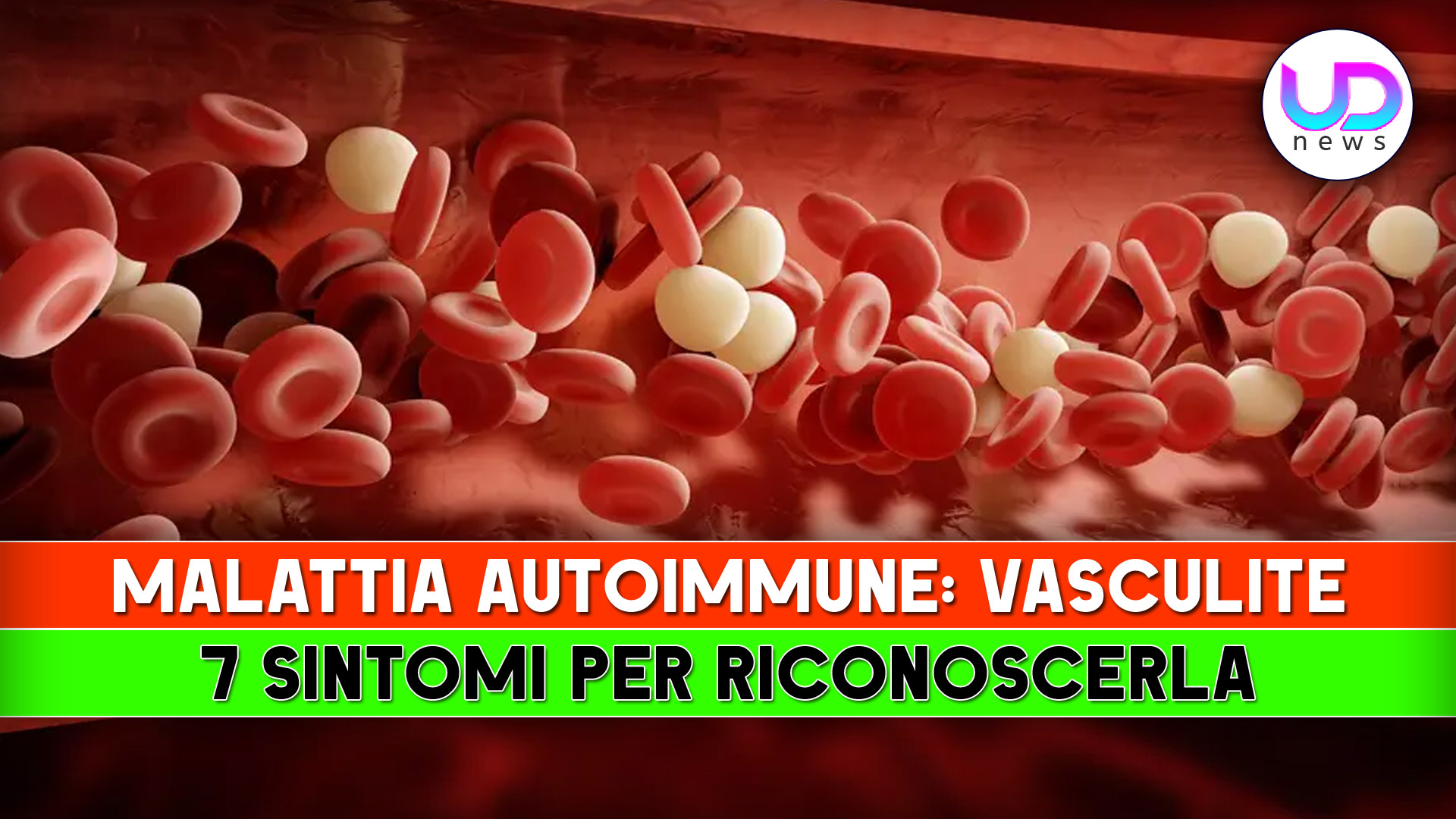Vasculitis is an inflammation of the blood vessels, treatable with immunosuppressants and corticosteroids, potentially impacting various organs. Let’s discover the 7 symptoms to recognize it!
Vasculitis represents a group of autoimmune diseases characterized by inflammation of the blood vessels. This inflammatory process can lead to narrowing, occlusion, swelling or weakness of the vessels, thus affecting blood flow to organs and tissues. Vasculitides are classified according to the size of the affected vessels (small, medium or large) and can affect any part of the body, including the heart, kidneys, lungs and brain. The exact cause remains unknown, but it is believed that genetic factors, infections, and chemical exposures may play a role in the development of these conditions.
Cause
Although the precise cause of vasculitis is not yet fully understood, the disease is associated with an incorrect response of the immune system. In some cases, vasculitis may follow infections, take drugs that alter the immune response, or be related to existing autoimmune diseases, suggesting a genetic or environmental predisposition.
Symptoms
The symptoms of vasculitis vary greatly depending on the blood vessels and organs involved. However, there are seven common signs that may indicate the presence of this condition:
Fatigue: A persistent feeling of tiredness is common among vasculitis sufferers.
Fever: Episodes of fever may be a sign of inflammatory activity in the body.
Weight loss: Vasculitis can cause decreased appetite and unexplained weight loss.
Muscle and joint pain: Pain and stiffness can be symptoms of vasculitis, especially if it inflames blood vessels in joints or muscles.
Skin rash: Inflammation of the blood vessels can lead to skin rashes, often noticeable on the legs.
Numbness or weakness: When the blood vessels that supply blood to the nerves are affected, sensations of tingling, numbness, or weakness may occur.
Heachache: Inflammation of blood vessels in the brain can cause severe headaches.
Remedies and Cures
Management of vasculitis focuses on reducing inflammation of the blood vessels to prevent organ damage. Treatment varies depending on the severity of the disease and the blood vessels and organs involved. Options include:
Corticosteroids: Medications such as prednisone are commonly prescribed to reduce inflammation.
Immunosuppressive drugs: Agents such as cyclophosphamide may be used to control the immune system in severe cases.
Biological therapies: Medicines such as tumor necrosis factor (TNF) inhibitors may be used in some forms of vasculitis.
Monitoring and support of the bodies involved: Specific treatments for problems with the kidneys, heart, lungs or other organs affected by the disease.
Lifestyles and home remedies: Maintaining a healthy diet, managing stress and quitting smoking can help control symptoms.
Successful treatment depends on early diagnosis and appropriate management. Collaboration with a healthcare team that specializes in autoimmune and inflammatory diseases is critical. Although vasculitis can be a serious disease, with appropriate treatment, many patients can live full and active lives.
